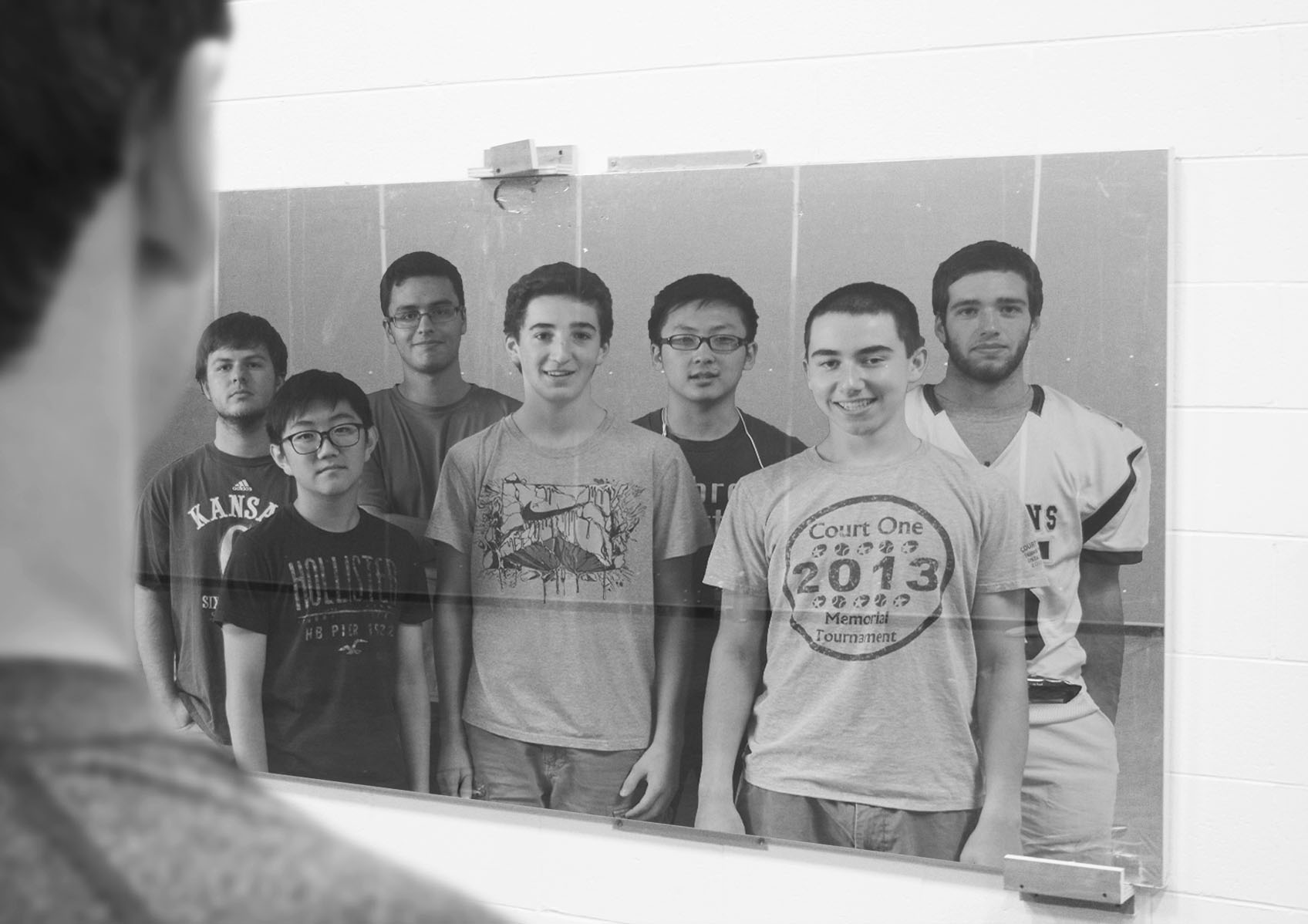I hate the word “society.”
It’s everywhere, though. It’s in your English class, courtesy of whole-class discussions, where framing an idea in terms of “society” always earns the infamous nod of recognition from a teacher, or better yet, the lost stare of a student who is intellectually bewildered by the invocation of something so seemingly almighty. From “Black Boy” to “Ceremony,” you are bound to discuss a critique of “society.” But if you’ve been spared so far, fret not. Just turn on the news, and you will surely be informed of society’s faults, illustrated by incidents like those in Ferguson, Syria and elsewhere. In fact, we are saturated by “society:” it’s the problem, the answer and the unidentifiable, all in one.
Yet, the ambiguity of the word is least concerning. Describing the world through the lens of “society” is truly destructive because it absolves individuals of personal responsibility. To criticize society is to criticize an ambiguous structure, an intangible noun that obscures itself. What’s most disturbing is that society is not a person, nor an agent: it is us.
In my experience, when students claim, “society is racist,” or “society is misogynistic,” “society” is communicated as unconnected to our lives, a foreign universe. The implication is that a society is discriminatory, not that this is our society, or that we even contribute to this society. We view injustices as foreign, which distances us from the obligations we have, as human beings, to improve the world.
This is not to say all of us are secretly bigoted. But the world in which we live is, and we should not be divorcing ourselves from that sad, but alterable, reality. Distancing ourselves from the reality of structural injustice makes us just as guilty as those who perpetrate it because both behaviors allow inequality to thrive.
Perhaps, as selfish as it sounds, we should think more about our individual contributions, or lack thereof, to the status quo. Because if we do, society, whatever that may be, will surely follow.



